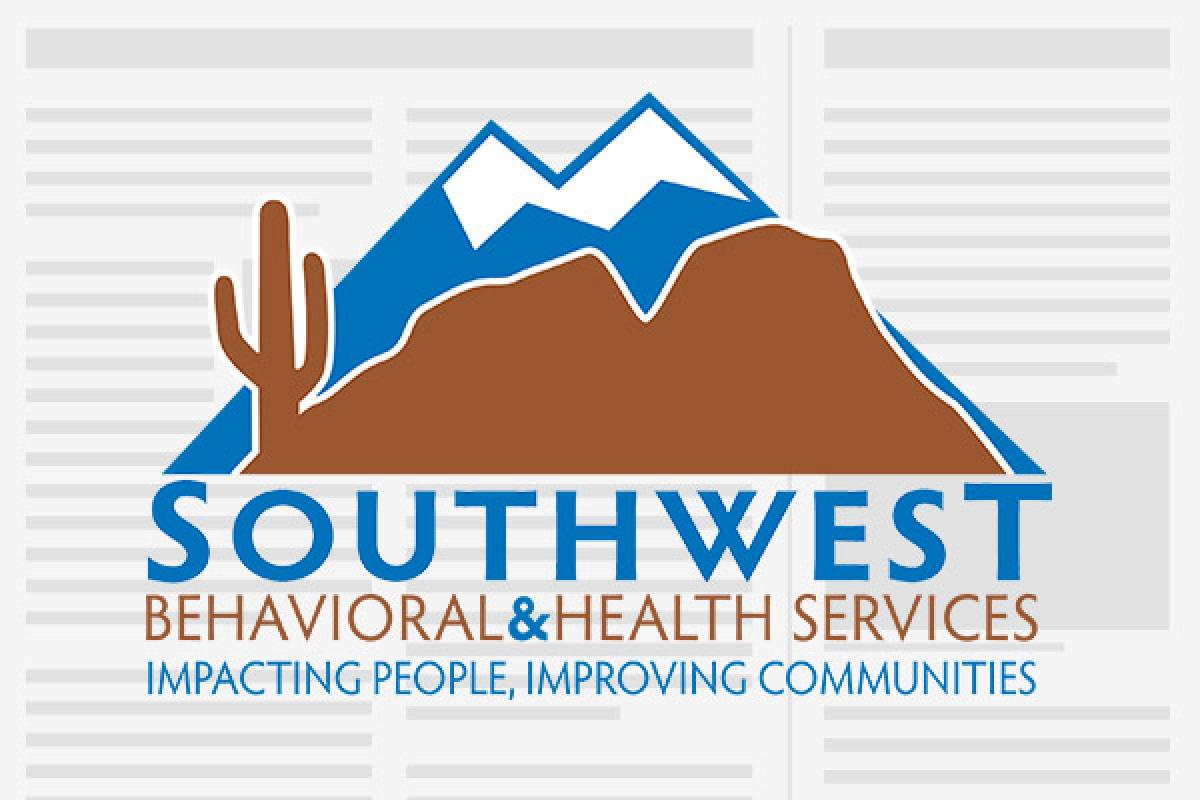
According to the National Youth Tobacco Survey, three million middle school and high school students tried e-cigarettes in 2015. Many parents have heard their kids say that e-cigarettes are a safe way to smoke and can help people stop smoking, but there are some things you should know before you talk to your kids.
An electronic cigarette uses batteries (disposable or rechargeable) and it contains nicotine. Nicotine is an addictive stimulant that is naturally found in tobacco. The main component of e-cigarettes is the e-liquid contained in cartridges. To create an e-liquid, nicotine is extracted from tobacco and mixed with a base (usually propylene glycol), and may also include flavorings, colorings and other chemicals including carcinogens and lung irritants. Inside of the electronic cigarette, the nicotine becomes a vapor that is then inhaled. Electronic cigarettes are not yet regulated, so there is no way of knowing how much nicotine is in them or how many of the other chemicals they contain.
It has not been proven that electronic cigarettes help people quit smoking. They have not been around long enough to determine if they are harmful to users in the long run. Unfortunately, not only many teenagers, but also many adults are under the impression that e-cigarettes are safe. According to the Office of Adolescent Health, there is also a strong possibility that young people who have never smoked regular cigarettes before will become regular smokers after using e-cigarettes.
Since we simply do not know enough about electronic cigarettes, it is best to avoid using them. There are other smoking cessation methods, with or without nicotine, that have been shown to be safe and effective in helping people stop smoking. Organizations such as Ashline.org and Smokefree.gov provide free services for tobacco users that want to stop. These organizations have available sources such as 24/7 helplines, free coaching, online help, free medication, and other resources to help people quit.













